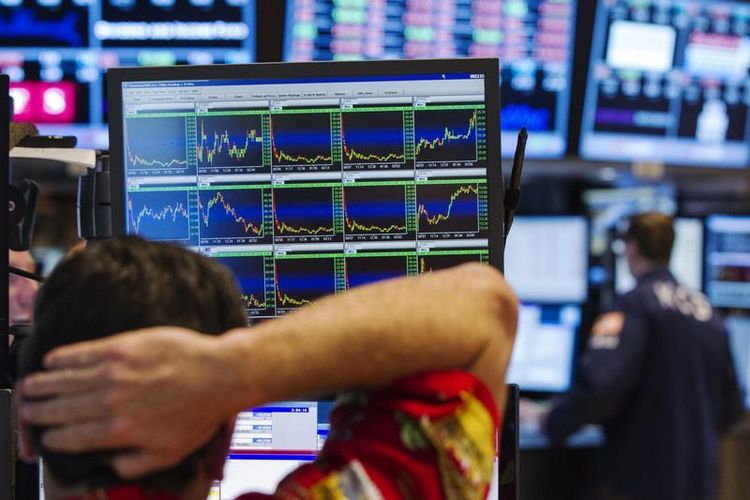According to the results of a survey published by Fitch on Monday, high-yield is the sector with the most bullish issuance outlook and the second most optimistic expectations on spread tightening.
The ratings agency said that 26% of respondents voted high-yield as their favourite marginal investment choice, drawing out its unchallenged preferred status since early 2013.
Coinciding with the survey, ING Investment Management International announced on Monday that its Renta Fund Global High Yield had surpassed the €5bn mark in terms of assets under management.
“Despite Asian and European investors being increasingly worried about rising interest rates, high yield continues to attract positive flows,” ING Investment Management wrote in a press release.
Tim Dowling, head of global high yield at ING Investment Management, said his return expectation for the asset class was currently around 5% – near current coupon yield levels.
“There is still some room for further spread tightening which is dampening the impact of rising interest rates.”
Beyond just sub-investment-grade credit, the Fitch survey also shows that as investors are becoming more optimistic about the economic outlook generally, and have in turn raised their expectations for corporate spending on M&A and dividends.
“It is the first time in over two-and-a-half years that more investors have expected companies to use cash for acquisitions or shareholder payouts than for maintaining cash reserves.”
Supply sluggish
In the shorter term, however, supply-hungry high-yield investors and investment grade buyers alike, are unlikely to be satisfied, as the earnings season, a half-term UK holiday and Presidents’ Day in the US are all stifling primary flow.
Syndicate bankers on average said that they expected €14.5bn of paper to price in euro, sterling and Swiss francs across all credit classes this week, but several said that the corporate portion of that figure would likely be moderate at best.
Almost half of European corporates have yet to report quarterly figures and many that are not restricted by a blackout period have no funding needs or have already pre-financed – either earlier this year or during a busy second half of 2013.
Coupled with that, the European market for many issuers, simply does not make sense from a cost-savings perspective, several investors and bankers have said.
One syndicate official said on Monday that even though transactions like Verizon’s €4bn equivalent sterling and euro deal earlier this month showcased just how far markets in those currencies have come, the US dollar arena remains deeper, more liquid and often more competitive - even for many European issuers.
Unsurprisingly, the visible pipeline is limited for both high-yield and investment grade.
In the former category, European electrical retailer Darty on Friday said it was aiming to print a €250m seven-year non-call three-year senior unsecured bond via global co-ordinators and joint bookrunners BNP Paribas, Credit Agricole, and HSBC. Additional bookrunners are Barclays, Natixis, and Societe Generale.
Investor meetings will take place in London on Monday and Tuesday and in Paris and Frankfurt on Wednesday ahead of a possible transaction later in the week.
Elsewhere in the high yield market, banks are lining up about €2.65bn of debt financing for private equity firm Dering Capital to buy French broadcasting masts operator TDF, according to banking sources.
In the investment grade space, Hong Kong-based property group IFC Development on Monday announced that it had mandated BNP Paribas, Credit Agricole, HSBC, Mizuho Securities and Morgan Stanley to organise a series of European debt investor meetings commencing on Wednesday.
A deal may follow subject to market conditions. Other corporates still in the pipeline include Unibail and Digital Realty Trust.
